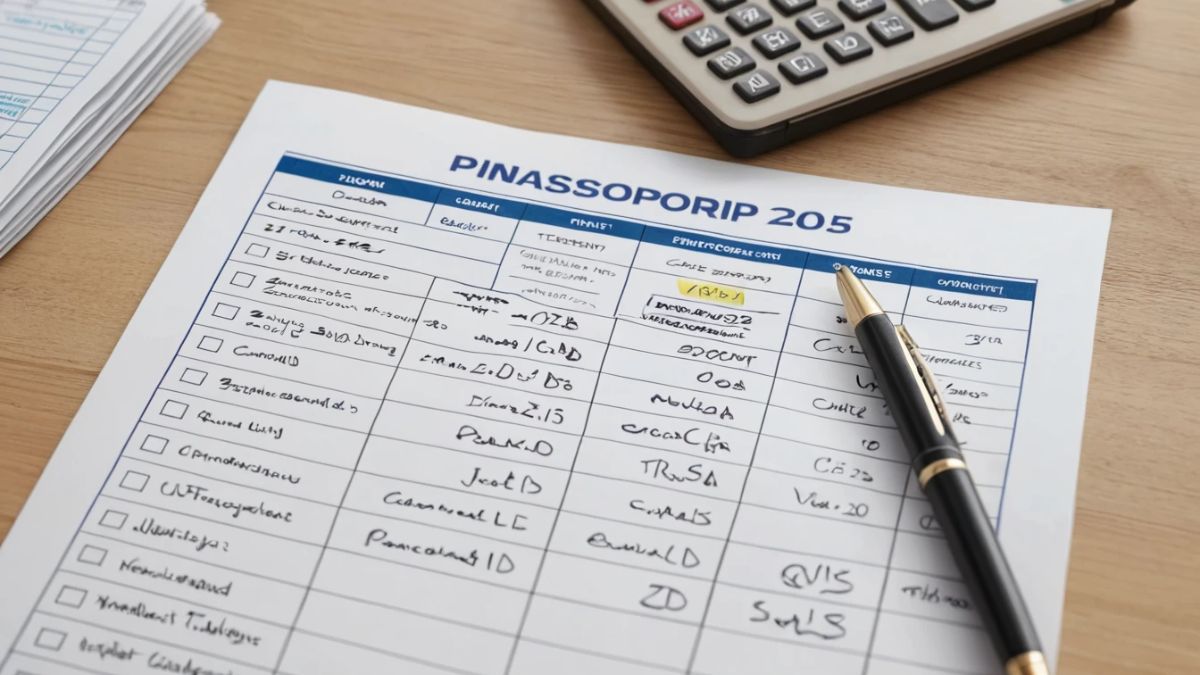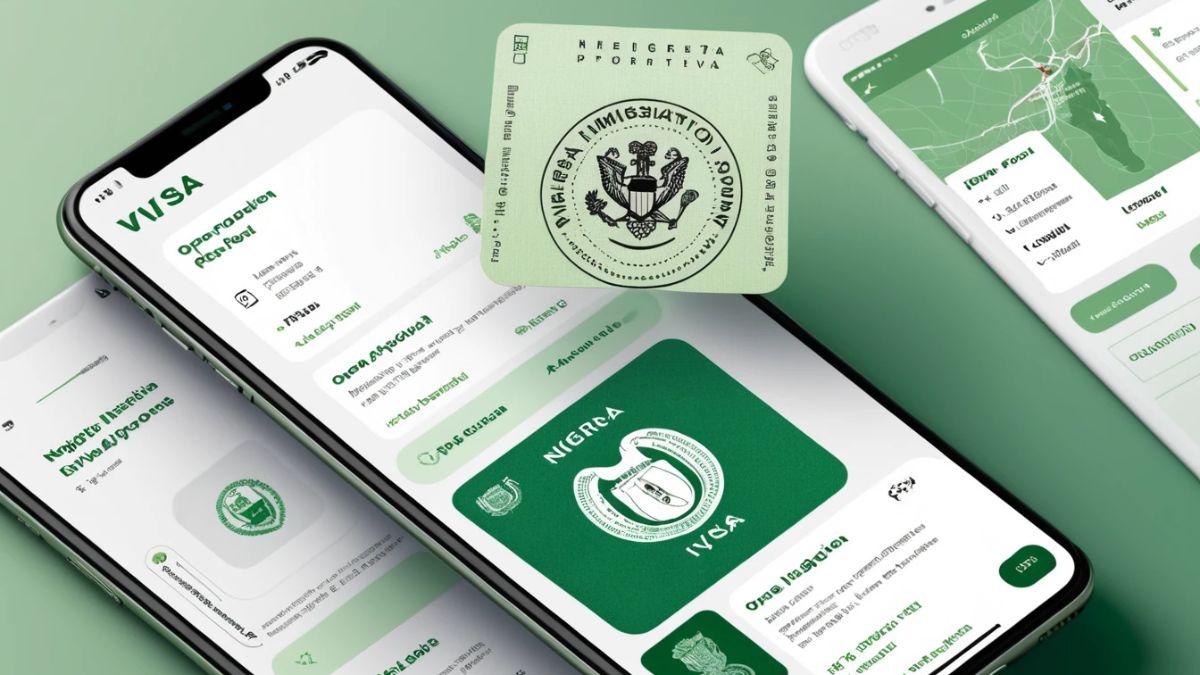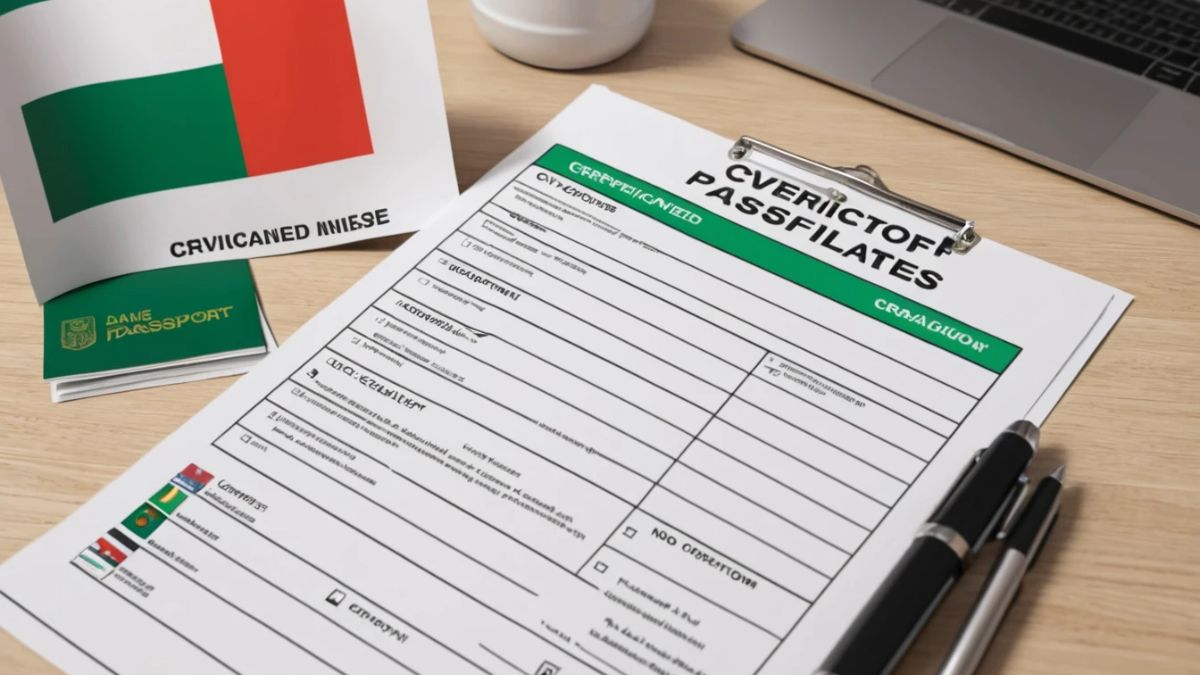2025 is shaping up to be a defining year for Nigerians who dream of living abroad. As global economies stabilize and countries adjust their immigration systems, new and improved migration routes are opening up for skilled workers, students, families, and entrepreneurs. For Nigerians, this means more transparent processes and legal options to explore.
But with so many choices, selecting the right path is crucial. Your background, career goals, language ability, and financial readiness should guide your decision. Whether you’re pursuing work, education, marriage, or simply a better life, understanding the available legal options is the first step toward success.
The Top 10 Legal Ways to Move Abroad from Nigeria in 2025
1. Visa Sponsorship for Jobs
Quick Summary:
Visa sponsorship allows a foreign employer to legally sponsor your work permit. Popular in the UK, Canada, Germany, and Australia.
Who It’s Best For:
Skilled professionals in healthcare, construction, engineering, IT, and logistics.
Pros:
-
No need for large personal funds
-
Employer handles most documentation
-
Long-term job and residence options
Possible Challenges:
-
Job offers required before application
-
Some countries need proof of experience or certification
-
Visa processing time may vary
2. Marriage-Based Visas
Quick Summary:
Marrying a citizen or legal resident of a country (like the UK, US, Germany, or Netherlands) can lead to residency and later citizenship.
Who It’s Best For:
Couples in genuine, long-term relationships.
Pros:
-
Fast-track to residency
-
Work and study rights included in many countries
-
Pathway to permanent residency
Possible Challenges:
-
Requires extensive proof of relationship
-
Interviews and documentation are strict
-
Not suitable for fake or rushed marriages
3. Skilled Worker Visas
Quick Summary:
Points-based visas for professionals with qualifications and experience. Offered by countries like the UK (Skilled Worker Visa), Canada (Express Entry), and Australia.
Who It’s Best For:
Graduates, professionals, and technicians with work experience.
Pros:
-
Independent pathway without employer sponsorship
-
Family can often join
-
Can lead to permanent residency
Possible Challenges:
-
Language tests often required
-
Education and work credentials must be verified
-
Competitive selection process
4. Study + Work Combo Visas
Quick Summary:
Student visas that allow part-time work during studies and full-time work during holidays. Available in countries like Canada, UK, Ireland, Germany, and Australia.
Who It’s Best For:
Young Nigerians aiming for education and long-term settlement.
Pros:
-
Gain an international degree
-
Work while studying
-
Post-study work visas available
Possible Challenges:
-
Proof of funds needed
-
Tuition fees can be high
-
Requires long-term planning
5. Caregiver and Health Worker Routes
Quick Summary:
Special visas for caregivers, nurses, and health aides. Countries like the UK, Germany, and Canada are actively recruiting from Nigeria.
Who It’s Best For:
Healthcare workers with or without a degree, especially those with caregiving experience.
Pros:
-
High demand and quick processing
-
Lower barriers for caregivers
-
Pathway to permanent residence
Possible Challenges:
-
May require basic training or certifications
-
Physically demanding work
-
Language proficiency may be needed
6. Family Reunification
Quick Summary:
Nigerians with close family members abroad can apply to join them under family reunification visas.
Who It’s Best For:
Spouses, children, or parents of residents or citizens abroad.
Pros:
-
Stable legal process
-
Strong chance of approval with valid documentation
-
Often no language or job requirement
Possible Challenges:
-
Can take time for approval
-
Proof of relationship and support required
-
Country-specific rules apply
7. Digital Nomad Visas
Quick Summary:
Visas that allow remote workers to live abroad while working for non-local employers. Popular in Portugal, Estonia, and Barbados.
Who It’s Best For:
Freelancers, online entrepreneurs, and remote employees.
Pros:
-
Live abroad without needing local job
-
Short to mid-term residency options
-
Lifestyle flexibility
Possible Challenges:
-
Proof of income required
-
Not a path to permanent residency in many cases
-
Expensive cost of living in some countries
8. Startup and Investor Visas
Quick Summary:
Programs for entrepreneurs and investors who want to start a business or invest in a local economy. Available in Canada, UK, Netherlands, and others.
Who It’s Best For:
Business owners, startup founders, or investors with funds and a business plan.
Pros:
-
Long-term residency for entire family
-
High potential for economic growth
-
Can lead to citizenship
Possible Challenges:
-
Requires capital and documentation
-
Risk of business failure
-
Complex application process
9. Religious or Missionary Visas
Quick Summary:
Visas offered to pastors, religious workers, or missionaries invited by recognized institutions abroad.
Who It’s Best For:
Members of religious organizations with international missions.
Pros:
-
Often low financial requirements
-
Community support available
-
Legal stay for several years
Possible Challenges:
-
Requires official invitation
-
Limited to religious work
-
Not a direct path to permanent residency
10. Humanitarian and Refugee Pathways
Quick Summary:
For Nigerians facing persecution or crisis, some countries offer asylum or humanitarian protection.
Who It’s Best For:
Verified victims of conflict, abuse, or persecution.
Pros:
-
Legal protection and support
-
Housing, healthcare, and integration programs
-
Long-term residency possibilities
Possible Challenges:
-
Must meet strict eligibility criteria
-
Lengthy and sensitive process
-
Not for economic migrants
How to Choose the Right Path for You
Before choosing any migration route, consider your qualifications, language skills, financial ability, and long-term plans. Not every path fits every person.
Ask yourself:
-
Do I want to work, study, or join family?
-
Am I comfortable with the language of the destination country?
-
Can I afford the process and meet the requirements?
Start preparing early. Research the country’s immigration process thoroughly and avoid shortcuts, scams, or unofficial agents. Every year, thousands of applications fail due to misinformation or fraud. Legal immigration is possible when done right.
FAQ
Which country is the easiest for Nigerians to move to in 2025?
There is no single “easiest” country, but Canada, the UK, and Germany currently have transparent, points-based systems that favor skilled workers and students.
Can I move abroad without a degree or IELTS?
Yes. Caregiver visas, job sponsorships for trades, and family reunification often do not require degrees or IELTS. Requirements depend on the specific visa type and country.
How long does it take to get sponsored from Nigeria?
It depends on the job type and country. Some sponsorships, especially in healthcare, take as little as 3 to 6 months. Others may take up to a year.
Are there age limits for these visa paths?
Most visas do not have strict age limits, but some prefer applicants between 18–45 years. Student visas are typically aimed at younger applicants.
Do I need a lawyer to apply?
Not necessarily. Many applications can be completed independently using official guidelines. However, for complex cases or business visas, professional advice may be helpful.














